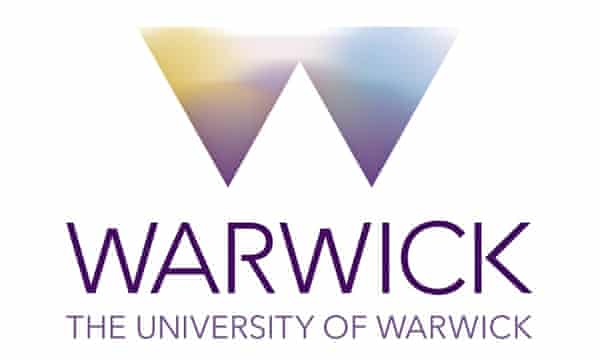University of Warwick: Research should be part of the DNA of UK City of Culture says new report
Commissioned by the Arts and Humanities Research Council (AHRC), the Review, entitled ‘UK Cities of Culture: towards a research informed approach’, demonstrates the distinctive role that arts, humanities and social science researchers, in collaboration with other disciplines, can play in place shaping and in the success of the UK City of Culture programme.
A key driver for the UK City of Culture programme is to invest in places that have a clear ambition and evidenced plan for culture-led city transformation. The Review promotes a research-led approach to how culture might lead to impacts that address the specific needs of a place and its diverse communities.
Since 2009, 71 places have made expressions of interest, 42 have submitted full bids, 17 have been shortlisted and four have been awarded the prestigious and highly competitive title of UK City of Culture.
The publication stresses that the transformational benefits of the UK City of Culture process are not reserved for the cities that gain the title. The process of considering or bidding for UK City of Culture status can also drive social, economic and environmental impacts and trigger change, whatever stage in the process a city reaches.
Professor Jonothan Neelands, Academic Director for Cultural Partnerships at the University of Warwick, said:
“From the very beginning Coventry UK City of Culture 2021 placed research front and centre, using data to inform and drive the programme and this Review includes an analysis of findings from the extensive monitoring and evaluation of Coventry UK City of Culture 2021. Cultural research happened within and alongside events to bring forward learnings of regional and national significance.
“By bringing in data from previously shortlisted cities we now have a large database of knowledge that can be used as a framework for future programmes, and indeed cultural mega events in general. As the UK City of Culture programme matures, it is important that we add to this and establish a foundation of evidence-led learning to guide future events and secure continuity of learning and investment.
“We are recommending that this be used to develop a common and stable evaluation framework for future UK City of Culture title holders. This will recognise the value and ambition of culture from the very local to the national.”
Speaking on the value of supporting a vibrant research programme across the city during Coventry UK City of Culture 2021, Professor Jackie Hodgson, Deputy Pro Vice-Chancellor for Research at the University of Warwick, said:
“This Review reflects the experience of establishing a multi-disciplinary programme of research carried out in collaboration with local partners, before and during the Coventry City of Culture year, and continuing as part of our legacy work. Working with Coventry University through the University Partnership, as well as artists, creatives, community organisations and the public and private sector, our research has engaged people and organisations across the region, building lasting partnerships. This demonstrates the central role that universities can and should play and lays the foundation for Bradford as UK City of Culture 2025, to develop an exciting place-led research programme.”
Based on responses to interviews with representatives from shortlisted cities, and supported by the Coventry experience of establishing an intensive research programme for Coventry UK City of Culture 2021, the Review puts forward six key recommendations to strengthen the research value and dimension of future UK City of Culture programmes:
Early engagement of AHRC with Bradford UK City of Culture 2025 will provide the lead time to identify potential funding opportunities for academic research plans; tailored to the local context with the potential to contribute to UK-wide cultural policy, knowledge creation and exchange.
An AHRC-funded UK Cities of Culture Data Observatory, building on the extensive open-source data warehouse created for Coventry UK City of Culture 2021, can ensure that data and methodological innovations continue to be collated, investigated, and shared as a resource for researchers and other stakeholders. This will support aspiring places by providing a cumulative repository of UK City of Culture findings, insights and learning for research and evaluation.
DCMS and AHRC are to consider areas of mutual research interest, to support research planning for UK City of Culture 2025 and subsequent rounds, enabling UK Cities of Culture to make informed choices in connecting their own research priorities with the national as well as local interest.
Stronger inter-connections and partnerships between relevant AHRC Place, Health and Wellbeing and Communities programmes –to add value and to support and benefit UK City of Culture specific research programmes.
A longer term AHRC-funded UK Cities of Culture Research Network engaging with short-listed cities and hosted by the current title holder, would provide: advice to cities or places that do not have access to a local University; focussed research expertise and the opportunity for longitudinal studies of the UK City of Culture programme.
A common and stable evaluation framework and baseline methodology for UK Cities of Culture, developed by DCMS. This would build on the detail and breadth of the Coventry UK City of Culture Monitoring and Evaluation strategy, recognising the distinctiveness of place and the identified ambitions of title holders, while also supporting comparative and longitudinal analysis of the programme.

